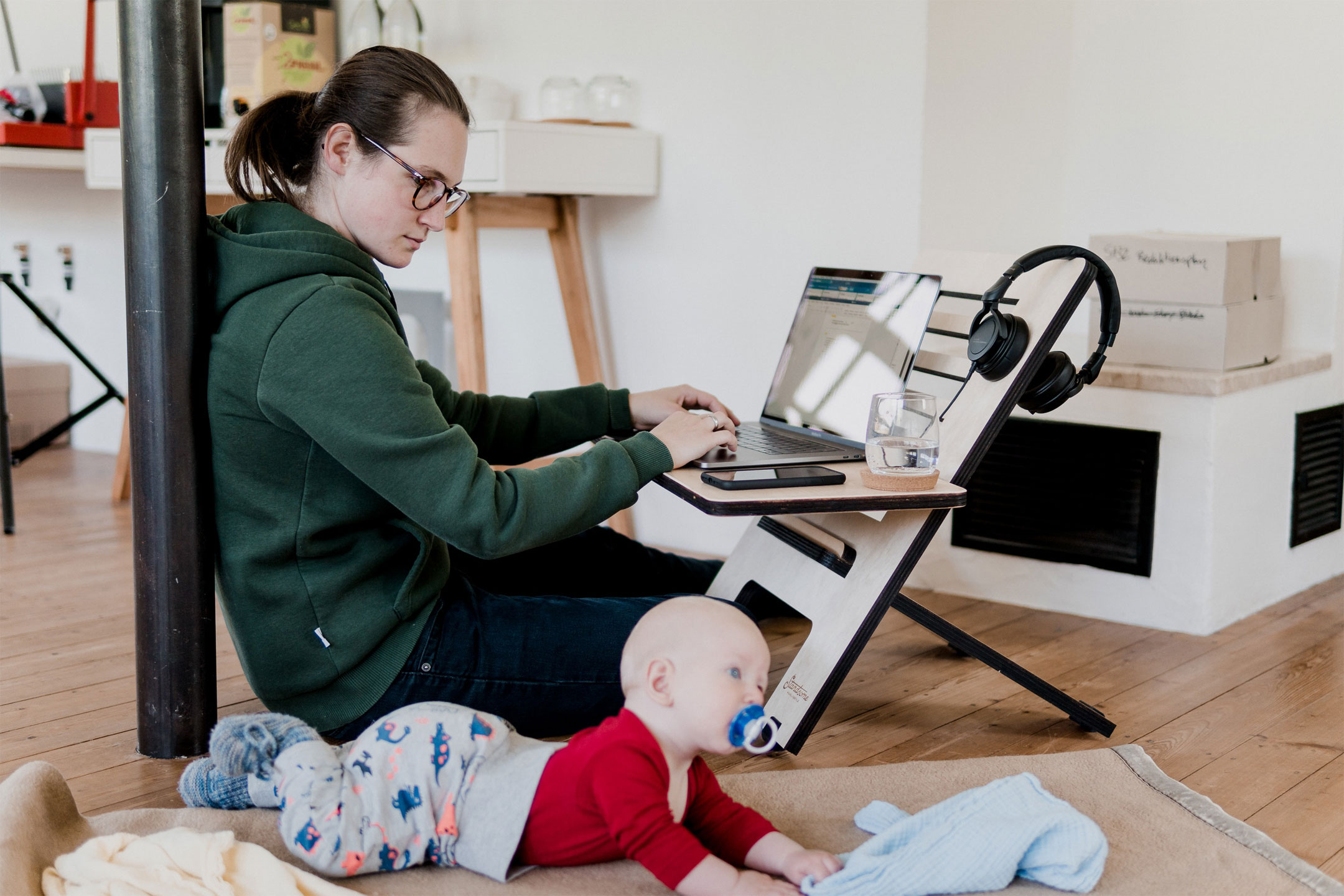
27 Jun Pregnancy: entitlements, protections & strategies in the workplace
So what are your rights at work, and how can you stand up for yourself if you’re facing discrimination? Erica Hatfield provides practical ideas to empower pregnant mums (and dads) on what to do if they’re facing discrimination at work.
Part 2: Pregnancy: entitlements, protections & strategies
Whether it’s your first baby or your fifth, you have rights at work during pregnancy that are designed to protect your job alongside having a baby, including entitlements to leave during pregnancy, the right to a safe job, flexible working arrangements, and protection from discrimination. Check out the Fair Work Ombudsman website for more information.
Some of the more common challenges my coaching clients have encountered include:
- Still working during pregnancy but no longer invited to strategic planning meetings as she “wouldn’t be there for the implementation”.
- A pregnant woman was no longer invited to after-work events – some of which were client-related and important for her career progression – because she can’t drink now.
- Unfortunately, pregnancy also seems to trigger role reviews – which may lead to changes in role scope/duties or even job loss in some cases.
From a strategic perspective, I generally advise parents to:
- Set expectations with others upfront – preferably before a contentious issue arises and emotions get involved. For example, let people such as your manager and team know when you announce your pregnancy that you still want to be involved in everything as per usual, and if there are any changes in your health that would impact your work you’ll let them know.
- Make sure that, besides handover requirements, you are aware of the plans for your role while you’re away. This can provide some insight into what you may be returning to.
- Discuss your return-to-work plans, and most importantly, make it clear that you are 100% committed to returning to work.
Parental leave: entitlements, protections & strategies
Parental leave is a time of significant change as everyone at home and work adjusts to a new routine. For many parents with partners, this includes finding ways to share the care across both parents to support their family and manage their careers during this special time.
There is a range of entitlements and protections available during parental leave, such as payment during parental leave, accruing/taking other leave during parental leave, extending/reducing parental leave, keeping in touch days, and employer obligations to consult about changes to your job (even when you’re on leave). See the Fair Work Ombudsman website for more information.
In terms of challenges, I have unfortunately heard that some dads experience difficulty accessing parental leave at key points in time when their partner either needs support at home or to return to work. These dads were apparently questioned in ways a mum would never be and had to make repeated requests for their entitlements.
Another big challenge I’ve come across for parents during parental leave is not being consulted about major changes to their role eg significant changes in role scope/responsibilities, removal of direct reports, etc.
Some strategies:
- To help avoid any pushback on your parental leave request (this appears to apply mostly to dads), start by providing as much notice as possible and work with your manager on a plan for how the team could best manage whilst you’re away.
- During parental leave, it can be helpful to keep in touch with your workplace. But the decision of how much or how little (if any) contact you have is entirely up to you – especially as you’ll be adjusting to life with a newborn. Just make sure you clearly communicate your preferences to your manager before going on leave. Typically, I find many parents spend the first part of their parental leave completely focused on family with no contact with their workplace. Then, closer to their return date, they re-engage with their manager to discuss return-to-work plans and be briefed on any workplace changes.
- I also recommend (if your circumstances allow) to make use of paid keeping-in-touch days, which you can access by agreement with your employer during unpaid parental leave. This can help keep you across workplace changes, update your knowledge/skills and maintain relationships with colleagues.
Hopefully with more voices we will reach a tipping point whereby equity and inclusion for working parents becomes the new norm, rather than the exception.
Erica Hatfield is a parent career coach and psychologist: https://hummingbirdcareers.com.au/




